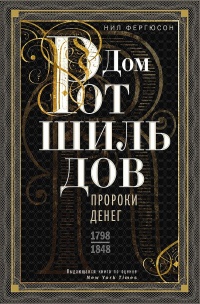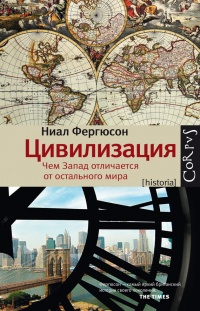Книга Восхождение денег - Найл Фергюсон
Читать книгу Восхождение денег - Найл Фергюсон полностью.
Шрифт:
-
+
Интервал:
-
+
Закладка:
Сделать
Перейти на страницу:
Перейти на страницу:
Книги схожие с книгой «Восхождение денег - Найл Фергюсон» от автора - Найл Фергюсон:
Комментарии и отзывы (0) к книге "Восхождение денег - Найл Фергюсон"








